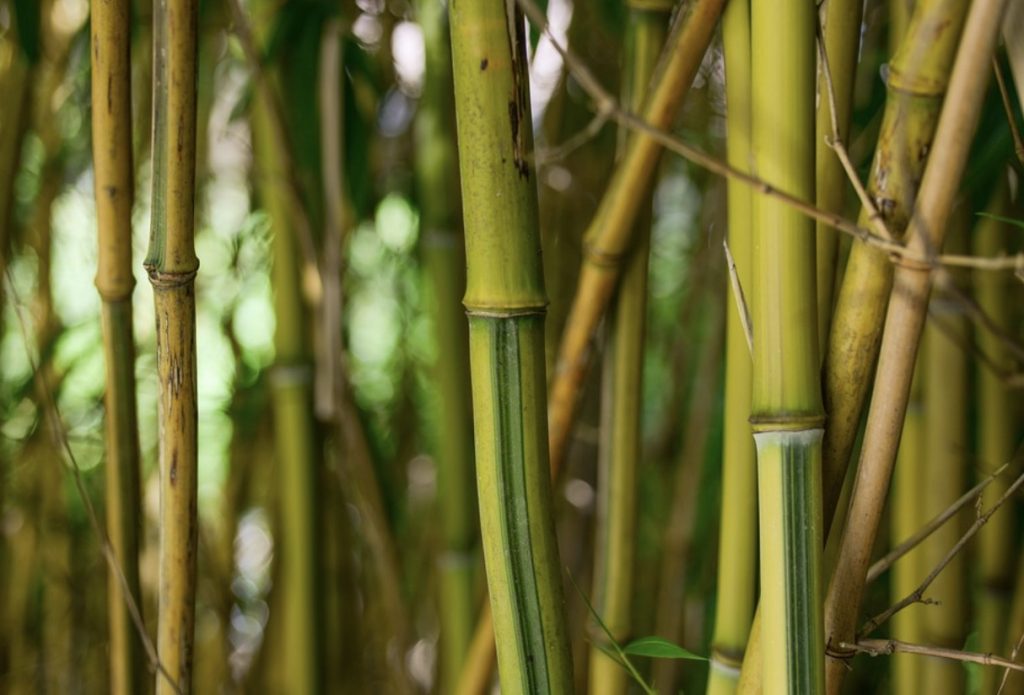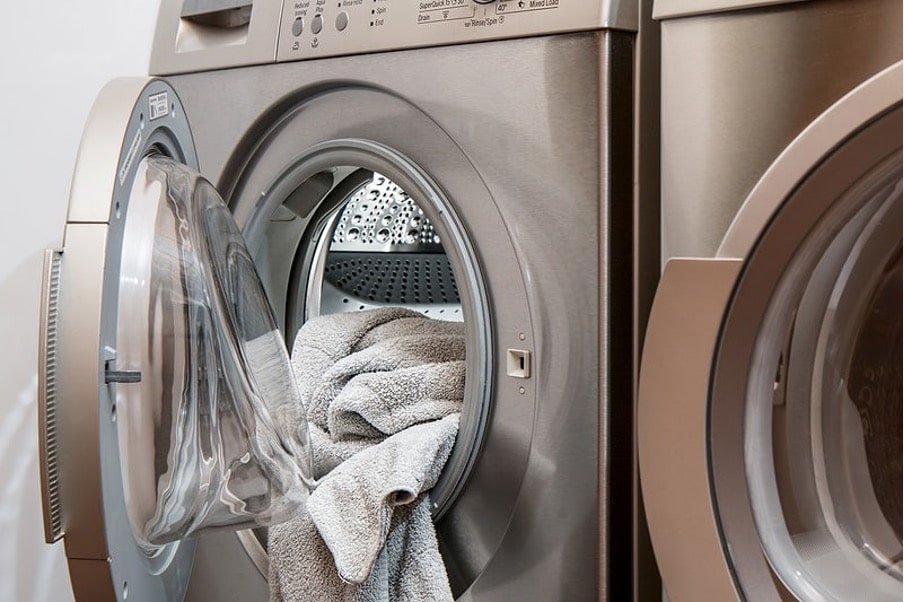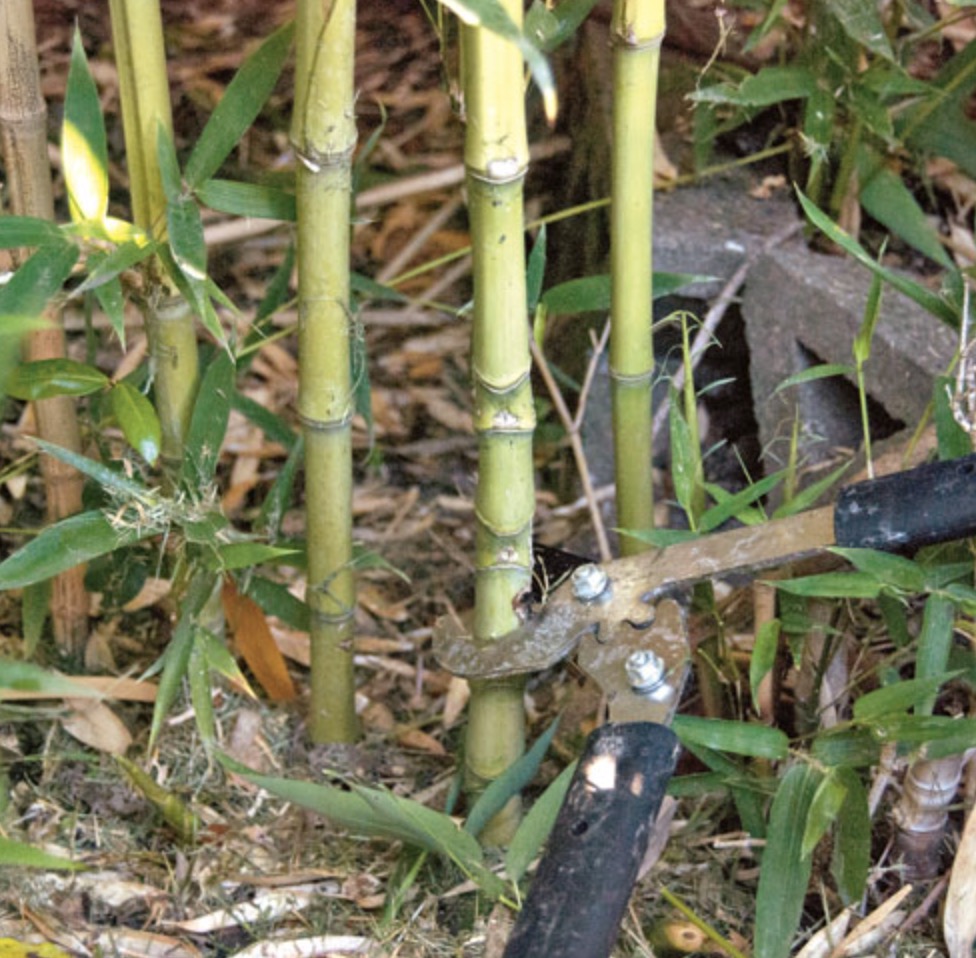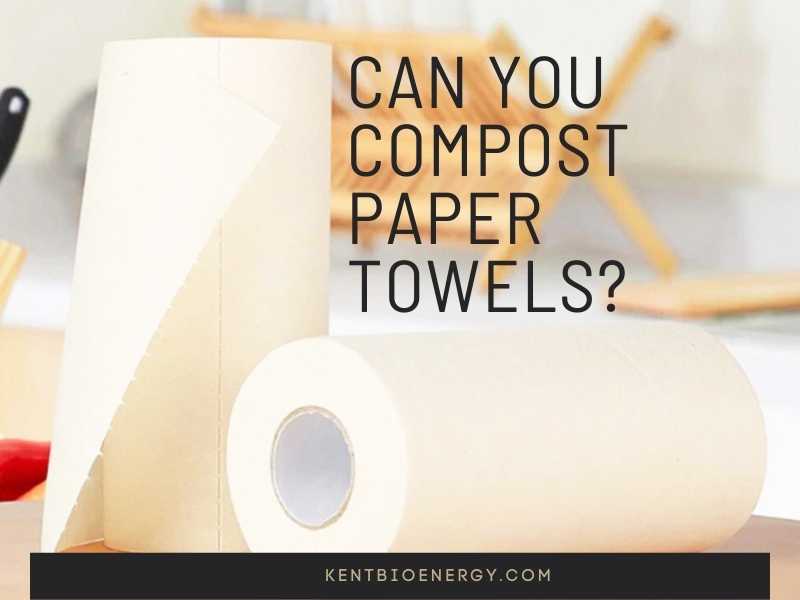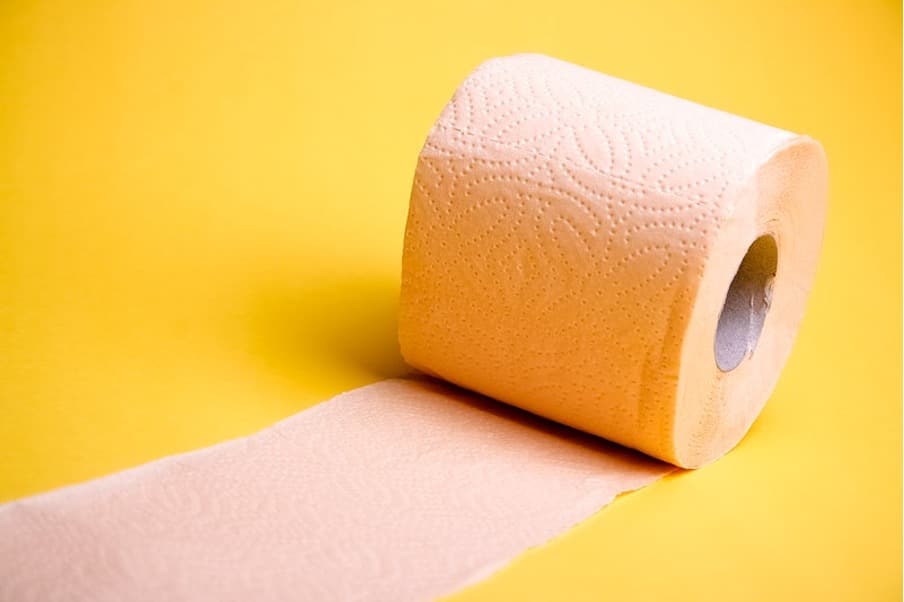With some species growing up to 35-40 inches per day, bamboo is currently the fastest-growing plant on our planet. Despite its rapid growth, many people wonder whether bamboo needs fertilization like other plants. If you’re waiting for some information on fertilizing bamboo, this post is for you!
What Is Fertilizing Bamboo?
Fertilizers are substances rich in nutrients used to improve the characteristics of the soil for the further development of agricultural crops. Like other plants, feeding bamboo is also a gardening task to keep the bamboo at peak condition!

Is It Necessary To Fertilize Bamboo?
Yes, it is. Gardeners often ignore fertilizer when caring for bamboo because of its characteristic – flourishing growth and strong expansion.
However, properly applying those goods will support bamboo plants to grow healthily without yellow or dry leaves. Since bamboo roots branch widely, it is important to provide the nutrients directly into the soil. Not to mention the fertilizers high in Nitrogen will encourage the healthy development of bamboo.
In short, doing this not only makes your bamboo grow much faster but also helps the plant maintain its freshness and glowing beauty.
What Are The Best Fertilizers To Use For Bamboo?
Both organic and chemical fertilizers can help your bamboo grow healthy and lush. You can choose one of them for your bamboo, depending on your preferences.
Organic Options
In general, the growth of a plant depends on the nutrients provided to it. Fast-growing plants like bamboo also require special fertilizers adapted to their nutritional needs, and organic options can totally satisfy them.
Organic fertilizers are formed naturally with no or little human involvement. They have many sources, such as minerals, vegetables, animals, or a combination of the three. Some of the common organic fertilizers for bamboo are:
- Cattle manure
- Mushroom compost
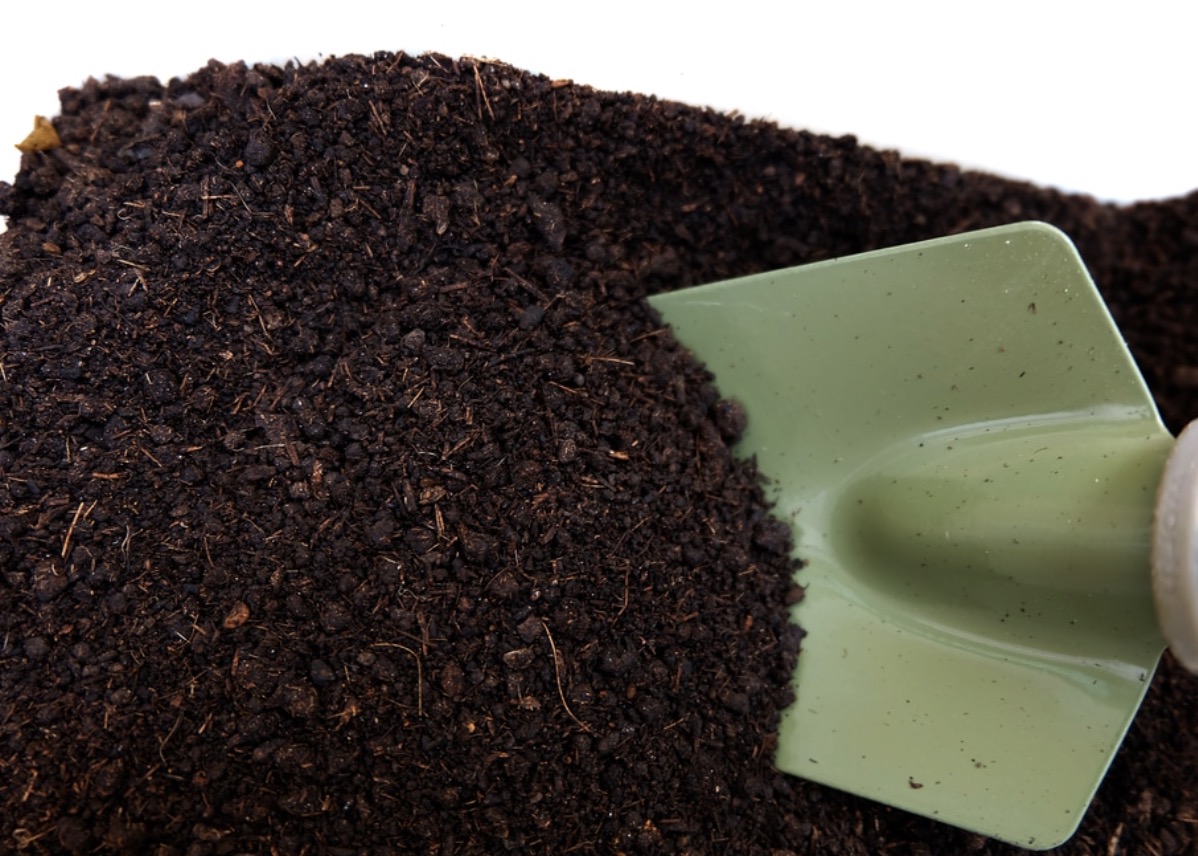
Chemical Solutions
Chemical fertilizers are nutrients that are composed out of minerals, animals, vegetables, or synthetic origins. Among these, the best options for soil are nitrogen, phosphorus, and potassium.
Nevertheless, not every chemical is benefitting bamboo. Take note that the chemical fertilizer you’re using should be high in nitrogen since bamboo needs a lot to grow strong.
You also need to pay attention to the chemical balance among nitrogen, potassium, and phosphorus. Accordingly, the balance ratio between 15-5-10 and 18-5-12 is perfect for your bamboo’s health.
Chemical fertilizers come in various forms. The most common are liquid and pellet ones.
Overall, both organic and chemical fertilizers can provide adequate nourishment for bamboo. Nevertheless, organic options seem to be a go-to option for protecting the green world in terms of environmental issues.
Unlike chemical fertilizers, organic do not contain toxins and harmful chemicals, which means they will not affect your soil’s prosperity. If you overuse the chemical, they will harden the soil, decrease fertility, and even pollute the air and water.
How Often Should You Feed Your Bamboo?
Bamboo is one of the giant grasses that usually grows very well, especially in its ideal conditions – adequate light and well-drained soil. Even if you satisfy those requirements, the bamboo’s need for efficient nutrients is not always spared.
Since bamboo plants grow rapidly and pronouncedly, they need a lot of nitrogen. Ideally, you should feed them at least two or three times a year, and this process works best in the early spring or at the beginning of summer.
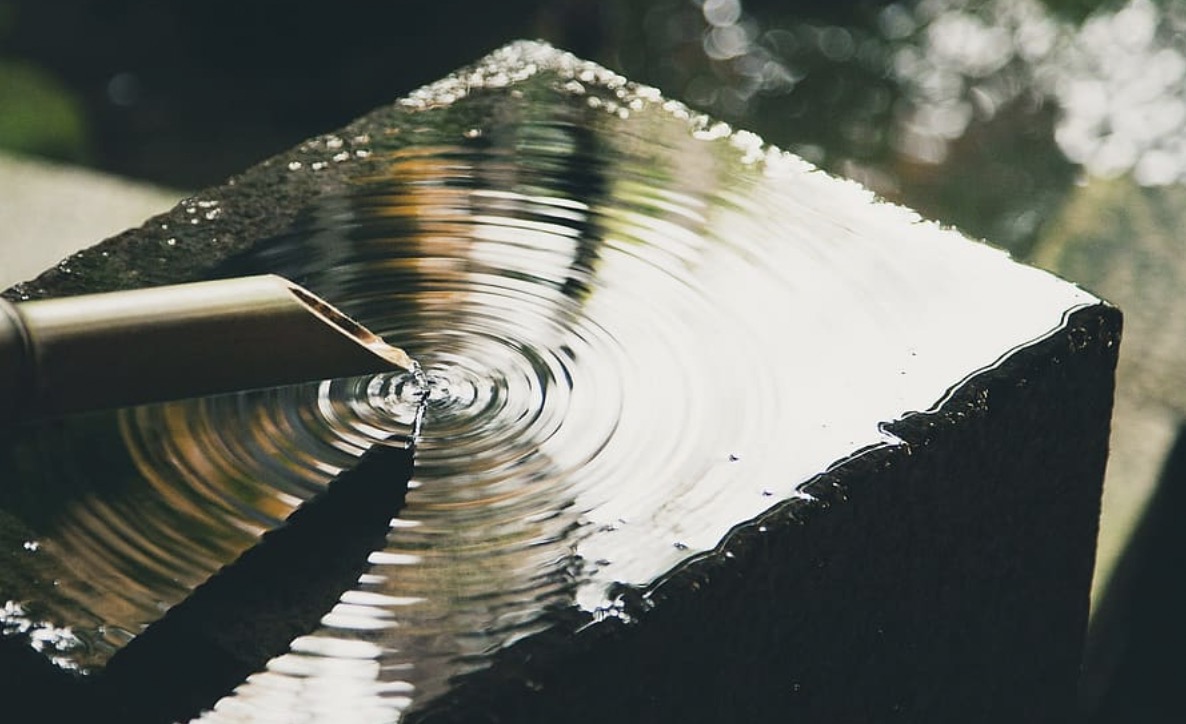
Even so, it is still not enough. Make sure you check the soil moisture regularly and water bamboo sufficiently so that they can stay hydrated!
What Are The Signs That My Bamboo Needs Feeding?
If your bamboo is not nurtured properly, it will lose its glow. So how do you know when your plant is in a nutrient deficiency?
When you have grown your bamboo for two or three years, you should check whether the leaves are yellow and brown or not. Poor bamboo health symptoms include yellow leaves, brown-ish tips of the leaves, and immoderate loss of leaves.
Bear in mind that bamboo leaves fall in the spring as new leaves grow. Therefore, if your bamboo drops excessive leaves in the fall, that’s a sign your bamboo needs feeding.
Consider fertilizing your bamboo immediately, especially if it doesn’t grow with big culms and bushy leaves in the blooming season (spring and summer).
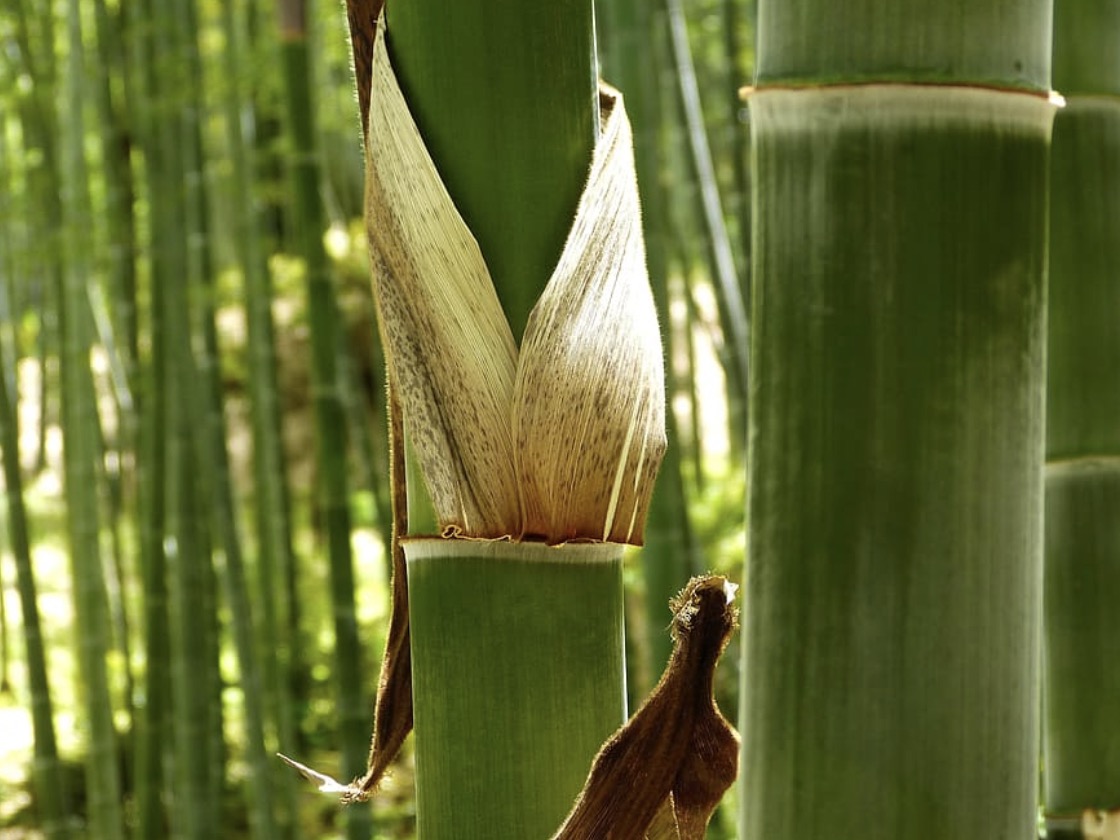
Conclusion
Even though bamboo is a very fast-growing plant, fertilizing it properly will help it absorb more nutrients. Don’t overlook this simple task because fertilizing bamboo with a nitrogen-rich fertilizer/compose is a must if you want resilient bamboo plants!
Stay tuned for our upcoming guides!
Related Articles
- Growing Bamboo
- Growing Bamboo Indoors
- Watering Bamboo
- Running Bamboo vs Clumping Bamboo
- Bamboo varieties for your garden
- Is Bamboo Edible or Is It Toxic
- Bamboo Mulch
- How to Prune & Trim Bamboo Plants
- How fast does bamboo grow
- How to care for bamboo plants
Help Us! Share on:


